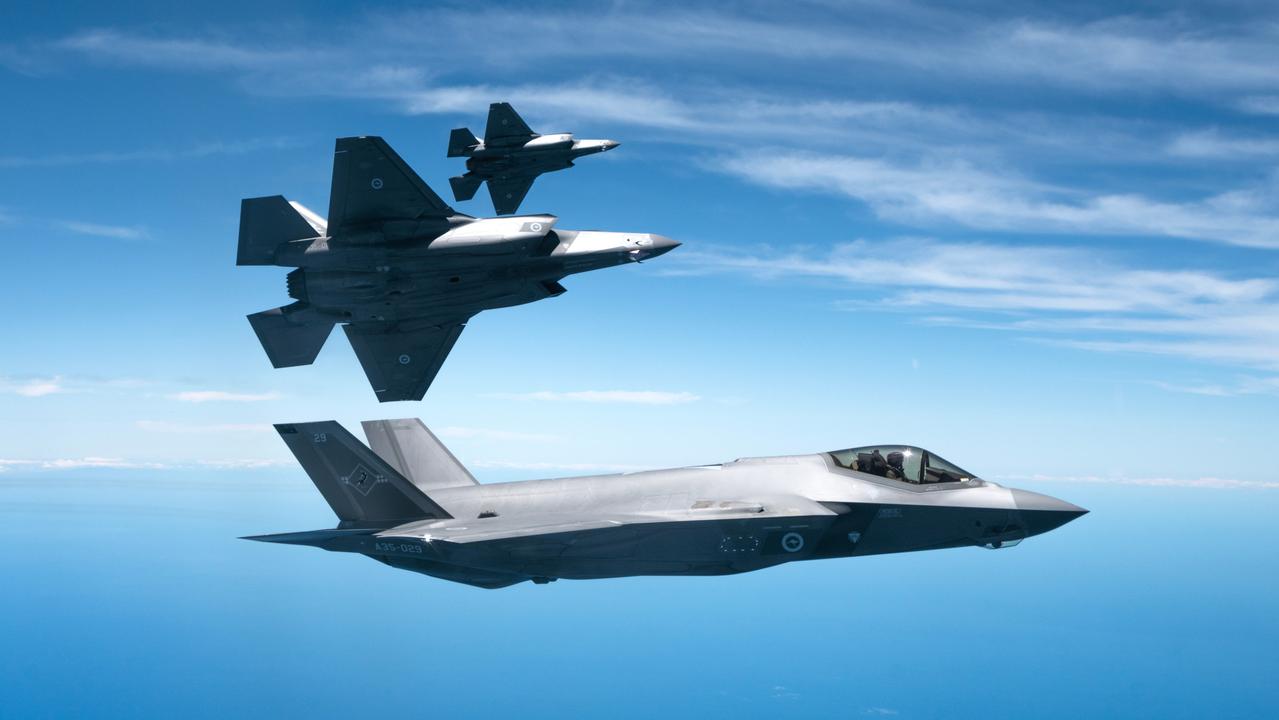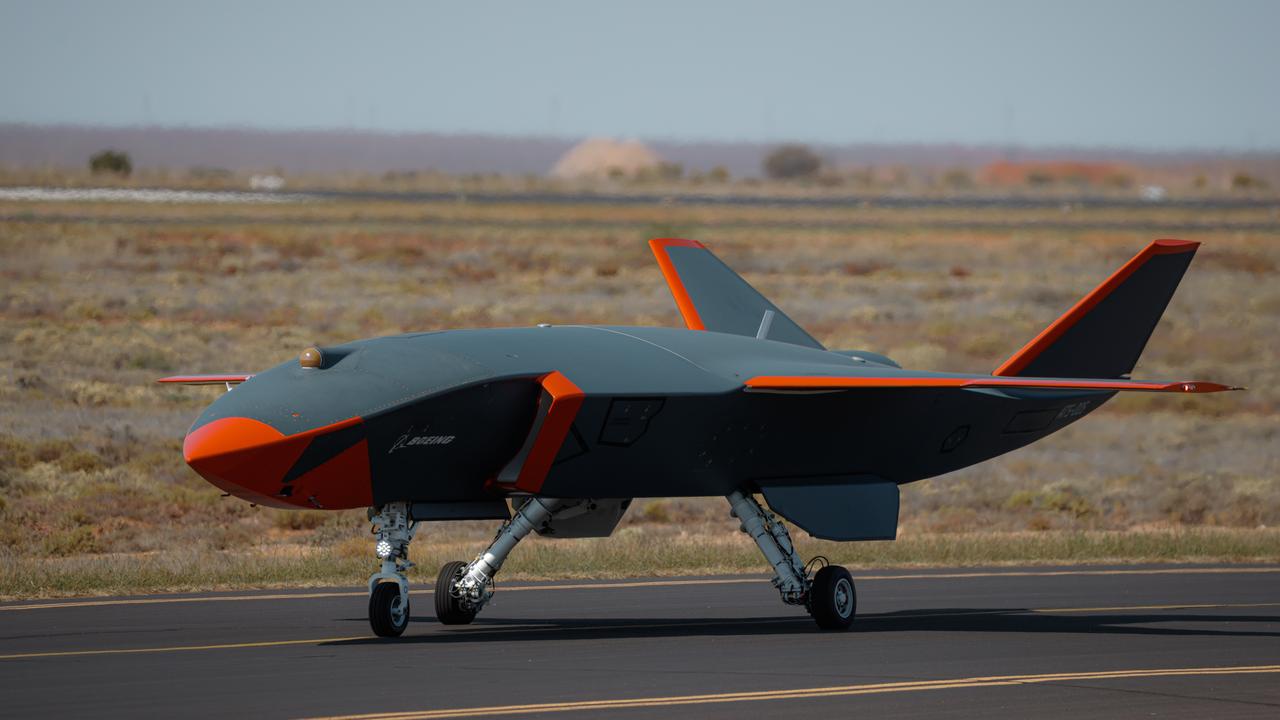Defence industry autonomy a priority
It’s time for Australia to prioritise and invest in its own defence industry, making it more self-reliant, innovative, and adaptable to future challenges.

It’s time for Australia to prioritise and invest in its own defence industry, making it more self-reliant, innovative, and adaptable to future challenges.
Sovereignty in defence capability and supply not only ensures greater security for the nation but also strengthens the economy, fosters technological innovation, and preserves the integrity of national security decision-making.
Australia’s current reliance on foreign imports for military hardware, maintenance, and technology presents significant strategic risks.
With shifting geopolitical tensions, particularly in the Indo-Pacific region, the vulnerability of relying on overseas supply chains becomes evident. In times of crisis or conflict, such supply chains could be disrupted, leaving Australia dependent on the goodwill of other nations for critical defence resources.
The importance of a self-sustained, sovereign defence capability is especially evident when considering the ongoing tensions in the South China Sea, and the increasingly assertive military postures of other countries.
To safeguard its interests, Australia must have the capacity to produce, maintain, and upgrade its own defence systems. This would give Australia greater autonomy in defence strategy and decision-making, ensuring its security interests are not compromised by external pressures or delays.

While Australia has made progress in recent years, much more remains to be done to create a truly sovereign industry.
The first step is ensuring that Australia develops and maintains the capability to manufacture and maintain critical defence equipment within its borders. This includes not only combat platforms like fighter jets, submarines, and armoured vehicles but also supporting technologies, such as advanced radar systems, comm-unications equipment, and cyber-defence capabilities.
Australia’s defence industry is relatively small when compared to global powers such as the United States or China. However, Australia has a rich history of innovation and technical expertise in Defence and aerospace technologies.
By fostering collaboration between Defence manufacturers, universities, research institutions, and government agencies, Australia can develop homegrown expertise and enhance its technological capabilities.
Programs such as the Advanced Strategic Capabilities Accelerator (ASCA) are a good start, but further investment is necessary to ensure Australia remains at the forefront of defence technology.
A vital part of this effort is ensuring the workforce is skilled and equipped to meet future challenges. The defence sector requires a diverse range of highly skilled workers, including engineers, technicians, cybersecurity experts, and project managers. Investment in education and training programs, particularly in STEM (science, technology, engineering, and mathematics) fields, is crucial to ensure that the workforce is prepared for the demands of an advanced and modern defence industry.
In addition, fostering a culture of innovation and problem-solving within the workforce will be key to driving continuous improvement in defence technologies.
The Australian government must collaborate with educational institutions to create pathways for students to enter the defence industry, while also supporting initiatives that promote lifelong learning and skill development within the existing workforce.
A strong, sovereign defence industry also creates jobs and stimulates local economies, particularly in regional areas where manufacturing and defence-related industries can serve as important economic pillars.
By investing in local industries, Australia can reduce its reliance on imports, which can save the government and taxpayers money over time. Furthermore, a thriving defence industry can drive innovation in other sectors, such as manufacturing, IT, and cybersecurity, thereby strengthening Australia’s overall economy.
From a strategic perspective, by producing advanced military technology and systems, Australia could become a leading exporter of defence products to other nations, particularly in the Indo-Pacific region.
The upfront investment in building a sovereign defence industry can be significant, and the timeline for achieving full self-reliance is long. Additionally, global supply chains remain important for sourcing materials that Australia may not be able to produce domestically. However, these challenges are not insurmountable. By prioritising long-term strategic planning and working closely with industry stakeholders, Australia can develop a pathway towards greater self-sufficiency.
This is a federal election year and we may well see an increase in defence spending by the next government. Australian Industry and Defence Network (AIDN) would welcome this, although it should not come without further reform of defence procurement and industry support programs to enable the SME sector to prosper.
Additionally, Australia must navigate the complexities of international defence alliances, such as those with the US and the UK, which provide access to advanced technologies.
While these relationships are crucial, they should not undermine efforts to build sovereign capabilities. Australia must strike a balance between strengthening these alliances and ensuring that its own defence industry remains resilient and independent.
As the global security environment becomes more unpredictable, Australia must ensure that it has the capacity to defend itself without over-reliance on external partners. By investing in domestic engineering, manufacturing, and integration capabilities, fostering innovation, and developing a skilled workforce, Australia can create a genuinely self-sufficient and resilient defence industry.
In doing so, Australia will not only enhance its own security but also contribute to global peace and stability through a more robust and independent defence posture.
-
Mike Johnson is chief executive of the Australian Industry and Defence Network.


